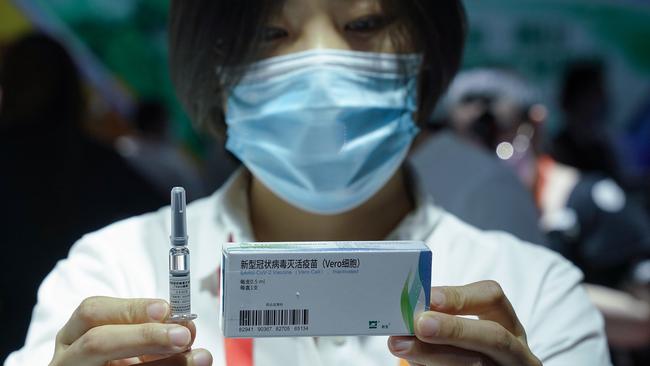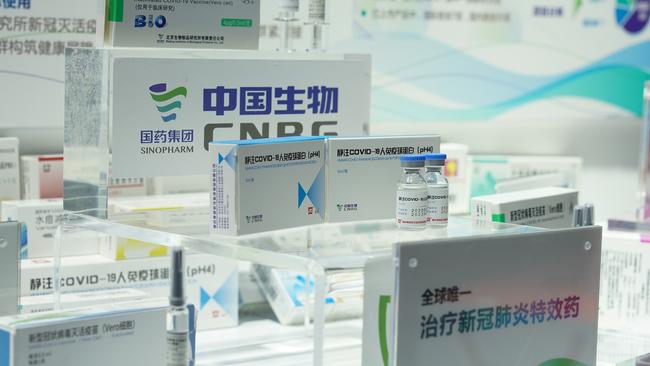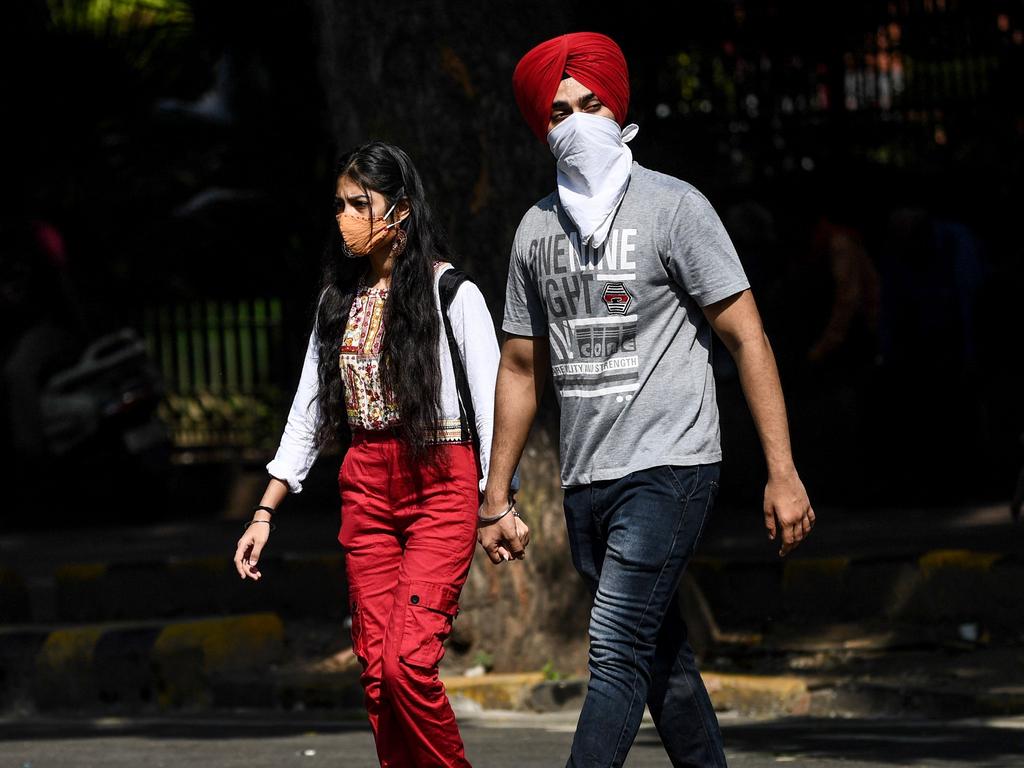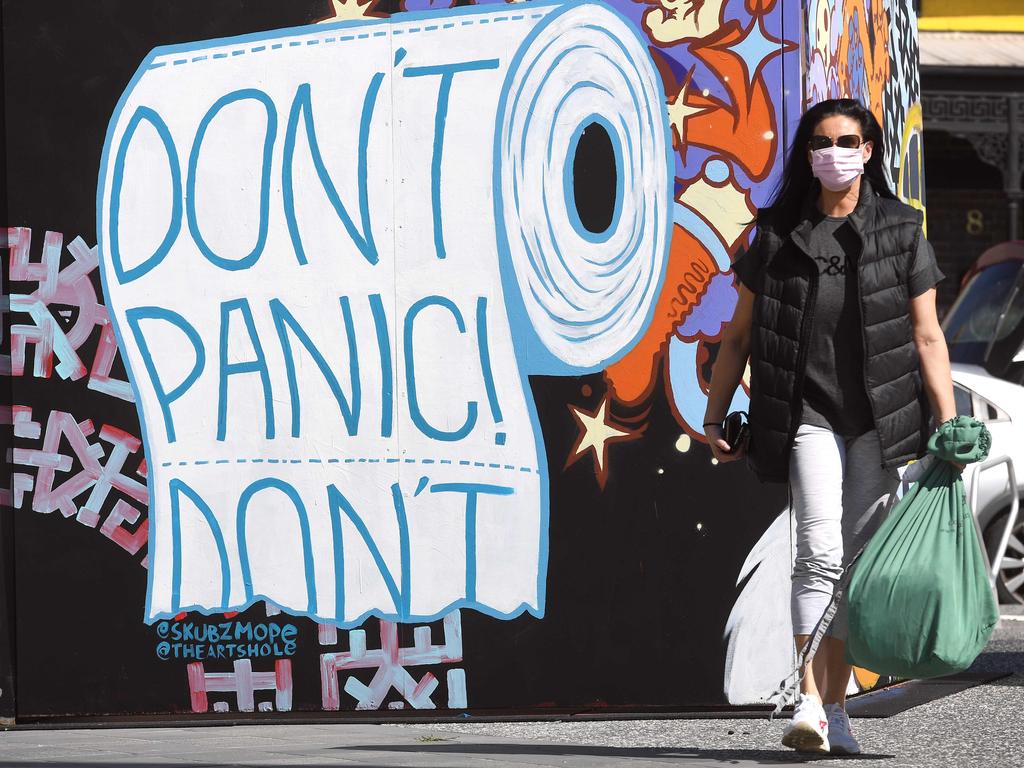China injects hundreds of thousands with experimental COVID-19 vaccines
A Chinese pharmaceutical company has injected hundreds of thousands of people with experimental COVID-19 vaccines.

A Chinese pharmaceutical company has injected hundreds of thousands of people with experimental COVID-19 vaccines, as its Western counterparts warn against administering mass vaccinations before rigorous scientific studies are complete.
China National Biotec Group Co., a subsidiary of state-owned Sinopharm, has given two experimental vaccine candidates to hundreds of thousands of people under an emergency-use condition approved by Beijing in July, the company said this week. Separately, Chinese drugmaker Sinovac Biotech Ltd. said it has inoculated around 3,000 of its employees and their family members, including the firm’s chief executive, with its experimental coronavirus vaccine.
The three vaccine candidates are still undergoing Phase 3 clinical trials, which involve testing a vaccine’s safety and effectiveness on thousands of people. Six other leading COVID-19 vaccine candidates are also in this final phase, according to the World Health Organisation.
Regulators in individual countries usually determine whether to let the broader public use a vaccine only after its testing is complete. The U.S., U.K. and Germany, where some of the leading candidates originate, haven’t yet approved any COVID-19 vaccine for use outside of clinical trials.
Public-health experts say frontline medical workers should be given priority in any emergency use of unapproved vaccines. The Chinese government gave approval for members of the military to receive an experimental vaccine developed by CanSino Biologics Inc. in June, then authorised emergency use of other vaccine candidates for medical workers and border inspectors in July.
Nine Western pharmaceutical companies promised in a joint statement this week not to file for regulatory approval or authorisation of their experimental COVID-19 vaccines until formal clinical testing was complete.
In an opinion column published Thursday, eight senior officials at the U.S. Food and Drug Administration said that they wouldn’t allow politics to influence their assessment of COVID-19 vaccine candidates, after President Trump called for a vaccine to be made widely available before the Nov. 3 presidential election.
The U.K.’s AstraZeneca PLC, which is developing one of the leading candidates, this week paused clinical trials that aim to enrol 30,000 people after a woman in its U.K. study developed an unexplained illness. Trials could restart depending on the outcome of an independent review of the potential safety concern.

In contrast, China and Russia appear eager to start using their homegrown vaccines, seeking to restart their economies and claim a global public-relations victory.
Last month, Russia claimed to be the first country to approve a COVID-19 vaccine based on early-stage trials. Officials there have said they expect to start mass vaccinations by the end of the year.
China, which says it has largely stamped out the new coronavirus within its borders, has also taken an aggressive approach to vaccinations. Among the hundreds of thousands of people who have been injected with experimental vaccine doses from CNBG, the Sinopharm subsidiary, are mainland China-based employees of Hong Kong-based Phoenix Satellite Television Holdings Ltd.
Phoenix Television said last week that it injected its employees under China’s emergency-use policy, but didn’t say how many received vaccines.
Sinopharm’s chairman Liu Jingzhen, in an interview with Phoenix Television, suggested the drugmaker would offer its vaccines to more Chinese journalists, especially those working abroad. “With the virus exploding overseas, these types of vaccines should give everyone hope,” Mr. Liu said.
Zhou Song, a senior official at CNBG, said on the company’s social-media account that not a single person who received a vaccination was infected with the new coronavirus or experienced any obvious adverse reactions. Mr. Zhou also said the company wasn’t vaccinating women who were pregnant or breastfeeding. CNBG didn’t say if it informed the people it vaccinated of potential risks.
Mr. Zhou said the injections given so far, including to Chinese labourers working on overseas infrastructure projects, have shown the vaccines’ effectiveness.
While the Chinese infrastructure workers aren’t part of the company’s formal clinical trials, Mr. Zhou said that the company had collected data in multiple countries showing that their vaccinations had protected them for several months.
Liu Peicheng, a spokesman for Sinovac, which said it has injected 3,000 employees and their family members, said the company’s recent vaccinations were purely voluntary and that it had disclosed to recipients the potential risks of taking the vaccine before the completion of clinical trials. He said the company had made the offer to its employees because it believed they were exposed to a higher risk of infection.
“We are not here to show the safety of the vaccine to the public,” Mr. Liu said of the emergency use.
China has promised to share any successful vaccine with other countries, many of them of strategic interest to Beijing, including the Philippines, Indonesia and Brazil. Sinovac has agreed to provide 100,000 vaccine doses, free, to Bangladesh.
The U.S. has said that its own citizens would get priority in any successful vaccine. It has already committed to buying vaccines developed in the U.K. and Germany.
CNBG said it has received orders for 500 million doses from overseas, the most among Chinese drugmakers, though it didn’t specify which countries put in orders. The company is conducting Phase 3 clinical trials in the United Arab Emirates and Argentina.
The company’s vaccine regimen may require people to get injected with two or three doses. CNBG said it would be able to produce around 100 million doses of its COVID-19 vaccines by the end of the year and then up to one billion doses annually.
The Wall Street Journal






To join the conversation, please log in. Don't have an account? Register
Join the conversation, you are commenting as Logout